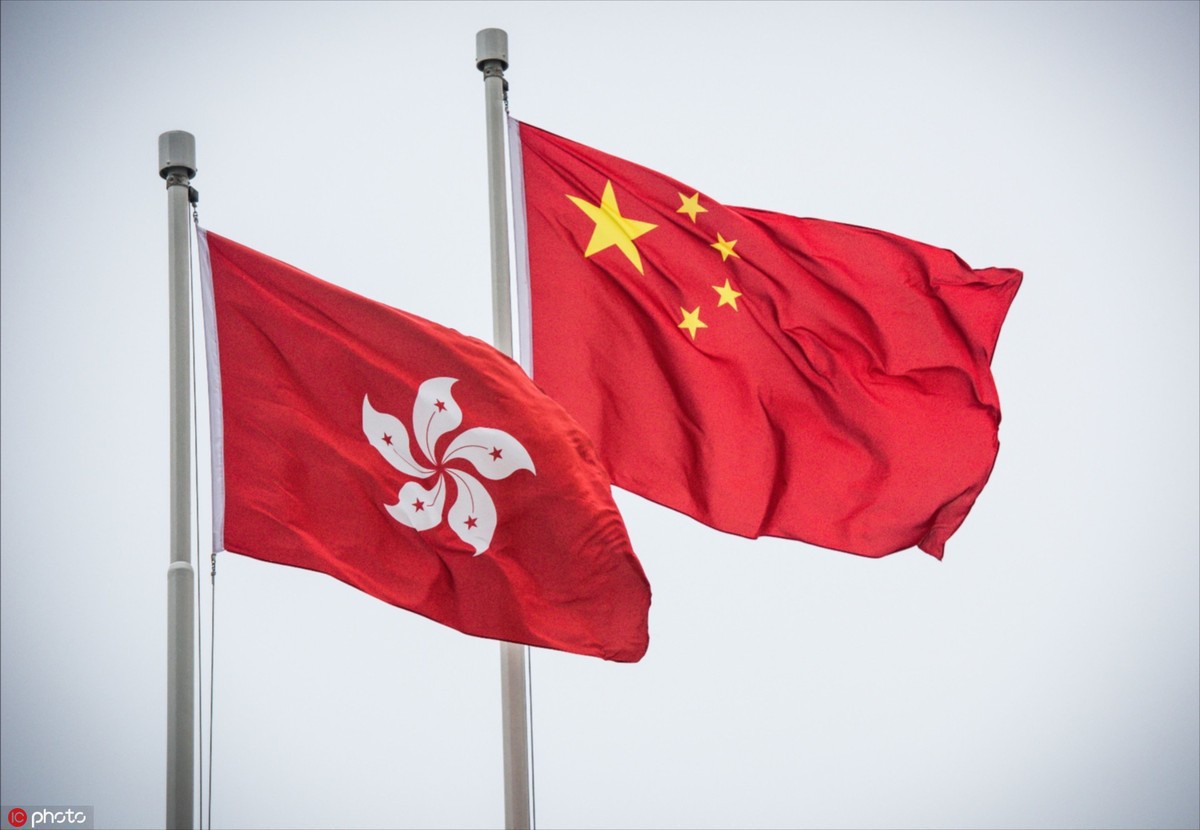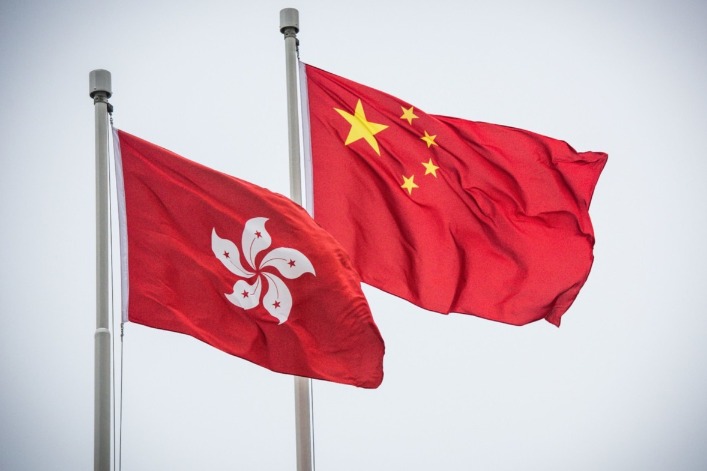
That the sixth District Council election in the Hong Kong Special Administrative Region attracted both a record number of candidates and a record turnout is testament to the vitality of the "one country, two systems" framework and Hong Kong society's evident belief that the city's future hinges on the lawful expression of opinions rather than mindless violence.
The rare lull in the campaign of violence and disruption conducted by radical elements in the SAR in the run-up to Sunday's voting and the record number of votes cast at the ballot box sent an unambiguous message that the majority of people in Hong Kong want to express their views peacefully and lawfully.
But while the remarks by Carrie Lam Cheng Yuet-ngor, chief executive of the HKSAR, indicate her government is willing to take heed of these views, and is willing to reflect on them and respond to them so as to find a resolution to fulfill the wishes of the vast majority of the public for a peaceful, safe and orderly situation in the city, that seems not to be the case for those whose campaign of violence and intimidation threatened to scupper the election.
Some of the radical demonstrators and others in the opposition camp appear to be adamant in refusing to reflect on and respond to the election result in the way voters intended. Instead, they seem resolved to misinterpret the result as justification for their campaign of violence. Such a distortion of the public's message bodes ill for the city.
But of course that is the intention of those foreign orchestrators and supporters of their campaign of intimidation and disorder. These foreign manipulators are willing to bring the city to its knees regardless of the damage it does to people's livelihoods and well-being.
On Monday, Vice Foreign Minister Zheng Zeguang summoned Terry Branstad, US ambassador to China, to express strong opposition to the Hong Kong Human Rights and Democracy Act that was passed by both chambers of the US Congress in support of those conducting an anti-democratic crusade to create mayhem in the city.
Lam said the election result will spur the SAR government to strengthen dialogue with all sections of Hong Kong society and accelerate plans to set up a committee to review the deep-seated social issues that have been the lingering and deep-lying cause of public discontent. But the government will face a difficult task in restoring order so long as ill-intentioned foreign hands continue their pyromaniacal practice of igniting the fires of youthful anger and misaligned loyalties.
No doubt the SAR government needs to be bolder and more creative in translating the central authority's trust in its ability to restore law and order, but if those outside forces meddling in Hong Kong's affairs believe that they can provoke a knee-jerk reaction from the central government that will further their anti-Beijing cause, they are very much mistaken.
The election showed that Hong Kong society wants an end to the violence and disruption. Differences in opinions should not be a divisive barrier but the source of constructive dialogue that enables the city to reject its role of pawn in the West's game and find a way to escape the hands trying to force it into a bottomless pit of violence and disruption.
